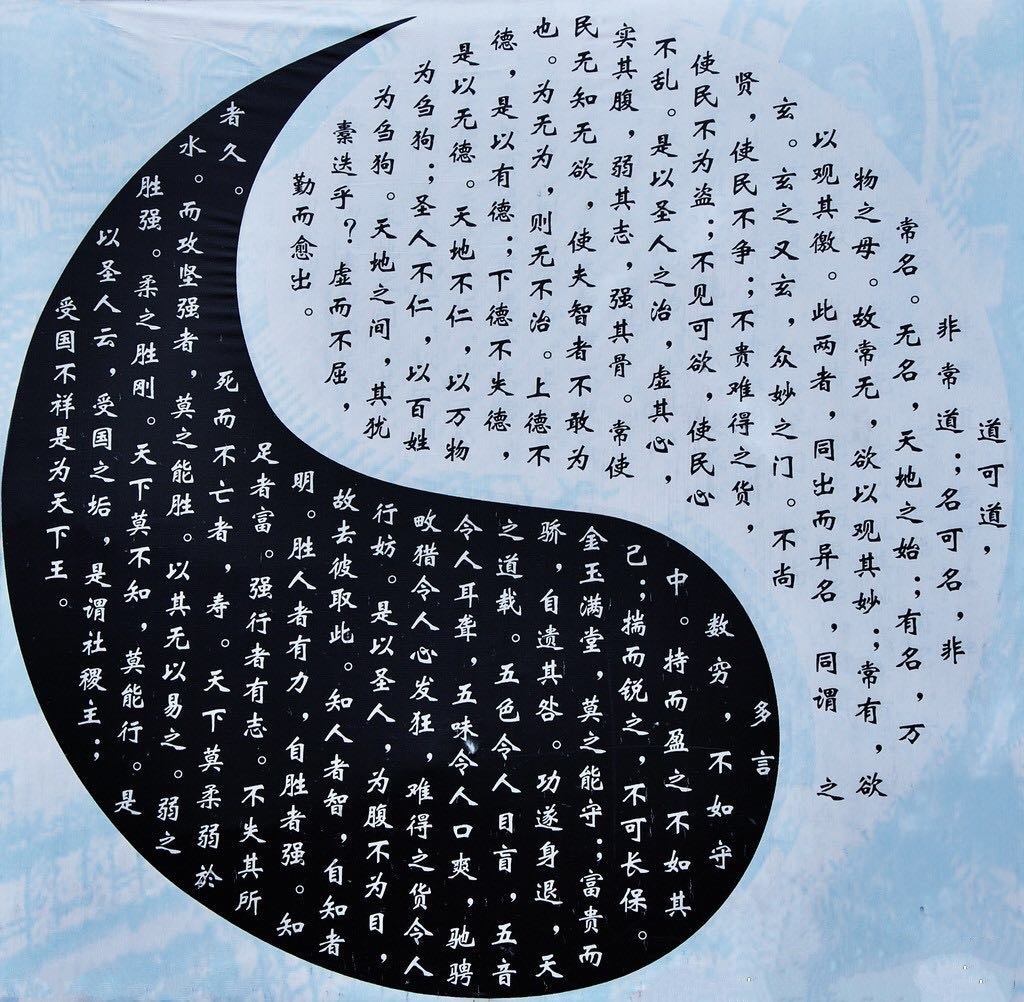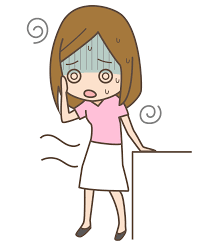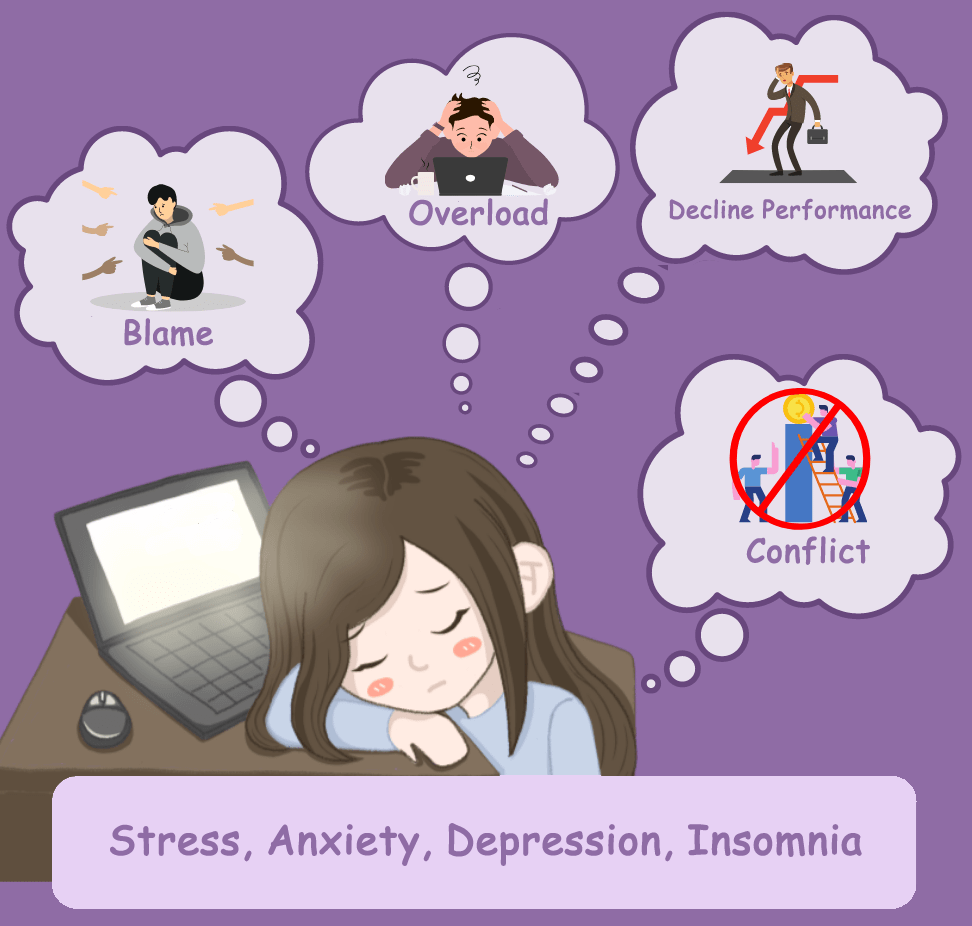What is Feng Shui?
Feng Shui, also known as Kan Yu or Di Xiang, is a Traditional Chinese study in divination that interprets the pattern of the environment, dwellings that affecting the Energy (Qi) stationed.
Feng Shui is one of the five fundamental Metaphysics in ancient China, with combination of observation, evaluation and calculation to identify the stationed Qi in the environment.
“Feng” is the “Wind”, “Shui” is “Water”, “Kan” is “study of astronomy, astrology, and cosmology”, “Yu” is “study of architecture, geography, and topography”, “Di” is “landscape”, and “Xiang” is “analysis and interpretation”. In combination, Feng Shui is the analysis of the Space, Land, and Water that creating the changes of energy (Qi) which influence towards the environment.
In the ancient Chinese classics, the energy flows with the wind, and dissipates into air, but when it encounters water, it stops and accumulates, the ancient Feng Shui practitioners utilizes the balance of Yin and Yang, the concept of generating and controlling natures of the Five Elements to harmonize the living environment.
The ancient Chinese Feng Shui practitioners believe that the dwelling takes the landscape as the body, the water flow (stream) as blood and vessels, the land as flesh, the planets as hair, the house as the clothing, the doors and windows as crown, if every perspective is in consensus, it will bring joy and wealth into the family.
In modern science, Feng Shui can be interpret as the combination studies of environmental psychology, ecology, geography, architecture, landscape science, and planning. Typical examples are building locations – whether it affects the nature environment, would it affect the comfort of the residence, the scale of the structure – would it alter the nature? How to utilize the concave and convex of river stream or mountain to select the ideal position of the structure, etc.
Feng Shui and physical health
For numerous years, many studies has been conducted in proving that the environment has significant relation to the health and life expectancy of mankind, and most studies find in favor of health benefits and longer life expectancies with better environmental factors.
We cherish and take good care of our homes in every possible way, but layouts that contradict with Feng Shui could have long-term impacts on health. Undesirable Feng Shui layout can cause discomfort, dizziness and sometimes insomnia, which in long-term can cause chronic health concerns.
Feng Shui and mental health
As we know, long-term stress can develop multiple mental health conditions such as depression and anxiety, sometimes it can also cause sleeping disorder and leads to insomnia.
Stress can derive from various factors, work, family, health condition, life changes, etc., but a contradicting Feng Shui in the living environment can also cause major depression, as we spend long hours at home. A harmonized Feng Shui in the living environment can effectively provide a calm, settled mindset for the dwellers. which avoids cause of stress and offer a pleasant atmosphere at home.






